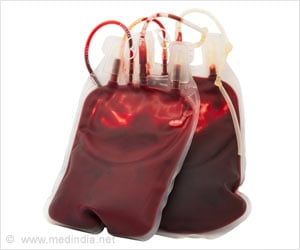Study examines the importance and use of music therapy in treating combat-related injuries in military personnel.

‘Music and creative art therapies improve patient outcomes for military patients with combat-related injuries.’





Integrating creative arts therapies in military treatment can present challenges. To overcome such issues and ensure consistent, high quality treatment the authors believe it's important for music therapists and military treatment facilities to share program models and intervention protocols. In addition, they argue that publications of program evaluation and patient outcome data are needed in order to further validate program models, expand implementation, and provide research evidence. The paper outlines the current program models at two facilities, the National Intrepid Center of Excellence at Walter Reed National Military Medical Center and the Intrepid Spirit Center at Fort Belvoir. Research has shown that creative arts therapies improve patient outcomes for military patients. Blast injury often results in damage to white matter and connective tissue, and psychological trauma resulting in PTSD disrupts processes in multiple brain regions, heightening some systems and deactivating others. Studies suggest that music can impact multiple neural networks simultaneously and can assist with rebuilding connections between various regions of the brain. Studies also show that the brain releases dopamine while people listen to music. This promotes motivation, learning, and reward-seeking behavior. Thus, listening to music can create an enhanced learning environment and rebuild damaged neural connections.
"Music therapy is a dynamic treatment method for service members recovering from the invisible wounds of war," said Hannah Bronson, one of the paper's authors. "Building awareness of its benefits with this population can extend the power of music and its healing properties to many more men and women in uniform and their families."
Source-Eurekalert













